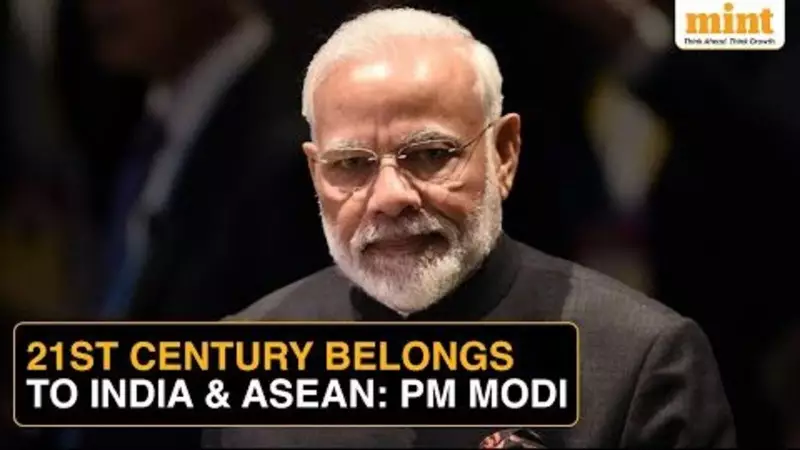
In a powerful address at the ASEAN-India Summit, Prime Minister Narendra Modi sent a clear message to India's trading partners, emphasizing that the nation will no longer accept unbalanced trade relationships that work against its economic interests.
A Strong Stance on Trade Imbalances
Prime Minister Modi highlighted the critical need for mutual benefit in international trade agreements. "While India remains committed to strengthening economic ties with ASEAN nations and other global partners, we cannot ignore the significant trade deficits that have persisted in many of our current arrangements," the Prime Minister stated during his virtual address.
Addressing Free Trade Agreement Concerns
The Indian leader expressed particular concern about existing Free Trade Agreements (FTAs), suggesting that many have not delivered the promised benefits to the Indian economy. "Our experience with several FTAs has taught us valuable lessons about ensuring fairness and reciprocity in trade partnerships," PM Modi remarked, signaling a more cautious approach to future agreements.
ASEAN-India Economic Relations
The ASEAN bloc represents one of India's most significant trading partners, with bilateral trade exceeding $98 billion in the previous fiscal year. However, India has consistently maintained a trade deficit with the region, prompting the need for what PM Modi described as "more balanced and equitable trade arrangements."
Future Direction of Trade Policy
The Prime Minister's statements indicate a strategic shift in India's approach to international trade, focusing on:
- Ensuring reciprocal market access for Indian products
- Protecting domestic industries from unfair competition
- Negotiating trade terms that support India's economic growth objectives
- Building partnerships that create genuine win-win scenarios
The message from the ASEAN Summit is clear: India is open for business, but on terms that respect its economic sovereignty and promote sustainable development for all parties involved.





